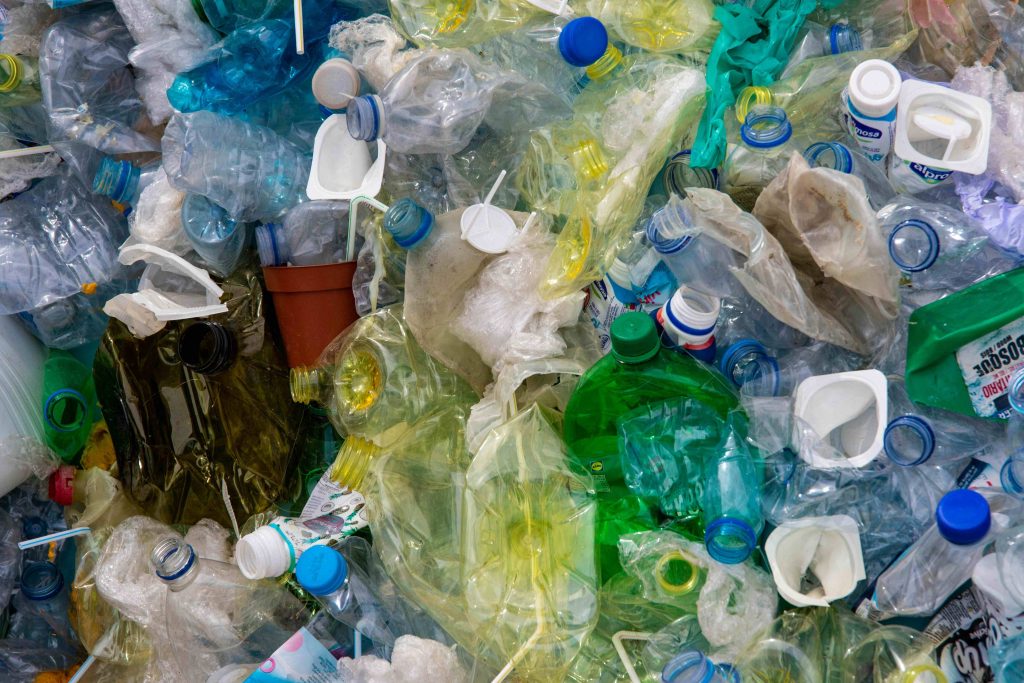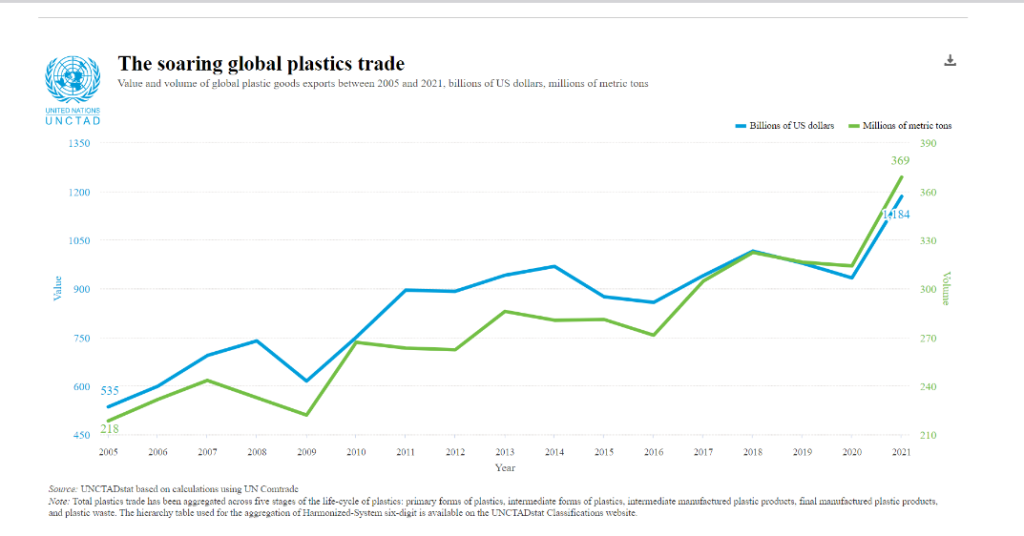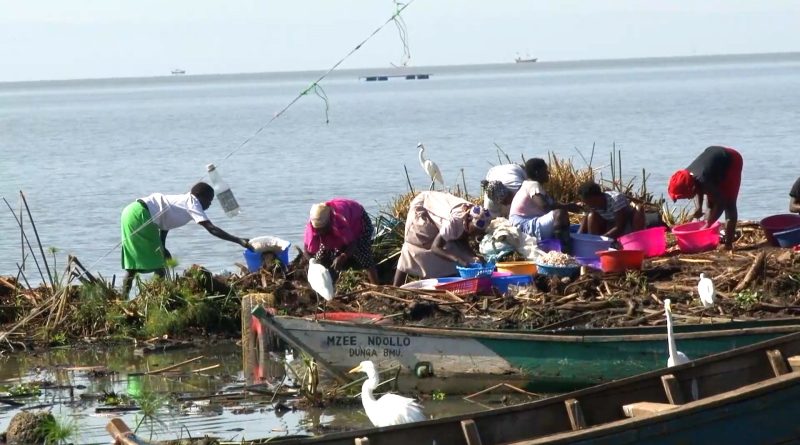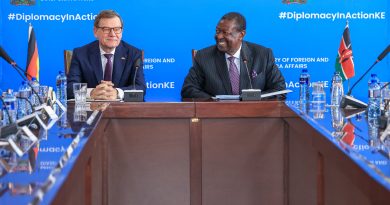East African Community Moves Towards Harmonized Plastic Legislation
Carolyne Tomno

The East African Community (EAC) is taking a significant step toward combating plastic pollution and fostering a sustainable regional economy with the introduction of a harmonized Draft Single-Use Plastics (SUP) Bill.
While giving an overview on the proposed legislation during a workshop for Journalists in Zanzibar ,Carlotta Dal Lago the head of Business Development ALN said the proposed legislation seeks to eliminate regulatory fragmentation across Partner States and offer a fair, inclusive roadmap for communities and businesses transitioning away from harmful plastics.
Plastic pollution remains one of the most pressing environmental issues in East Africa, with single-use plastics choking rivers, harming wildlife, and burdening waste systems across borders.
While some countries in the region have implemented individual bans or policies, inconsistent enforcement and cross-border trade have limited their effectiveness.
She added that establishing a comprehensive, region-wide legal framework to phase out single-use plastics, strengthen enforcement mechanisms, and ensure no one is left behind in the transition.
“This Bill is about more than banning plastic—it’s about creating a just and inclusive transition that uplifts communities and builds sustainable alternatives,” said Carlotta Dal Lago, an environmental policy expert involved in the drafting process.
“We are ensuring that environmental protection goes hand in hand with economic opportunity.” She added

Proposed Bill
Some of the Key provisions of the draft bill Include, a Harmonized Ban on Harmful SUPs.
Partner States will adopt consistent standards and enforcement to prevent transboundary pollution, support for Affected Communities.
This will include income-generating programs, job training, and social support tailored to vulnerable populations, workforce Development in the Circular Economy with emphasis on recycling, waste management, and green innovation, Incentives for Plastic Alternatives.
It also includes encouraging local production of affordable, eco-friendly products, Labor welfare and Integration, formalizing and protecting waste sector workers, including those in informal or cooperative settings.
Extended Producer Responsibility (EPR),requiring manufacturers to contribute fees used to improve waste infrastructure and support local livelihoods is also included.
The Bill further outlines strong enforcement tools, such as compliance notices, completion certificates, and penalties for violations.
Environmental authorities across the EAC will be empowered to take action, while individuals and corporations will retain the right to appeal decisions through judicial mechanisms, added Dal Lago
A Regional Commitment to a Cleaner Future
The Draft SUP Bill has already undergone multiple stages of review.
It was first presented to the East African Legislative Assembly (EALA) Committee on Agriculture, Tourism, and Natural Resources.
Following committee feedback, it was submitted to the Council of Ministers, which has now referred the Bill to its legal committee for expert review and alignment with the EAC Treaty.
If approved by the Council and assented to by all Heads of State, the Bill will become binding across all EAC Partner States. If not, it will return to the Assembly for further refinement.
The harmonized approach ensures we don’t just shift the problem from one country to another,” said Dal Lago.
“It’s a bold, collaborative solution that reflects the urgency of the plastic crisis in our region.” She added
A Turning point for East Africa’
The Draft SUP Bill marks a major milestone in the region’s environmental governance.
It signals a move from fragmented national efforts to a coordinated regional response, where environmental sustainability is achieved alongside economic resilience.
With global attention increasingly focused on plastic waste, the EAC’s initiative could serve as a model for other regional blocs, showing how environmental justice, legal harmonization, and inclusive development can go hand in hand.
Global plastics treaty
Speaking in Zanzibar during a workshop for Journalists on Circular economy, Henrique Pacini, UNCTAD SMEP Program lead said an international legal binding agreement on plastic pollution bringing countries is needed to end plastic pollution globally.
“We need to create an international legally binding agreement to deal with the plastic problem.” He noted.

In March 2022, a momentous step was taken on the global stage as the United Nations {UN} Environment Assembly embraced a groundbreaking resolution aimed at crafting a comprehensive international treaty on plastics.
Translating policy goals into impact.
Sarah Pima, the Chief Executive Director of the Human Dignity and Environmental Care Foundation (HUDEFO) is already working towards the goals.
She is a prominent environmental and human rights advocate in East Africa working with women and youth in the environmental sector.
During the workshop on the circular economy for Journalists in Zanzibar she gave insights on how and has been instrumental in promoting waste management, marine conservation, and youth engagement initiatives across the region



